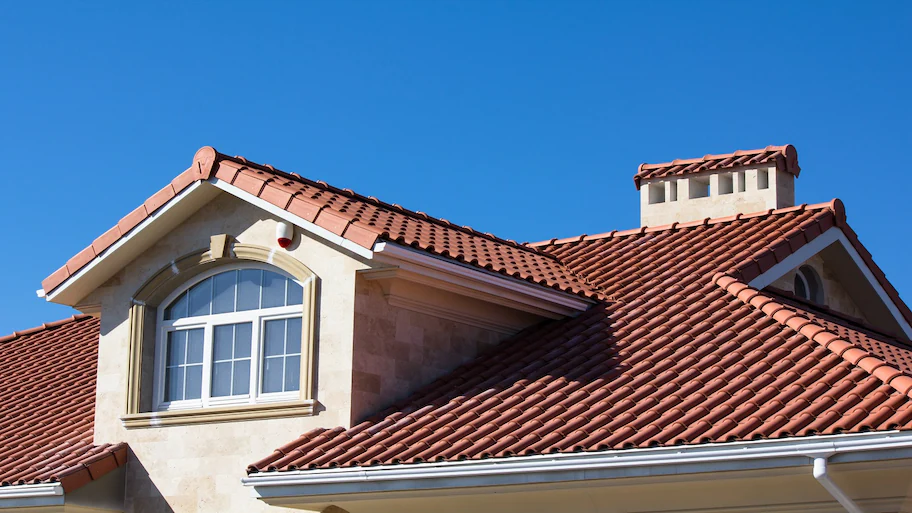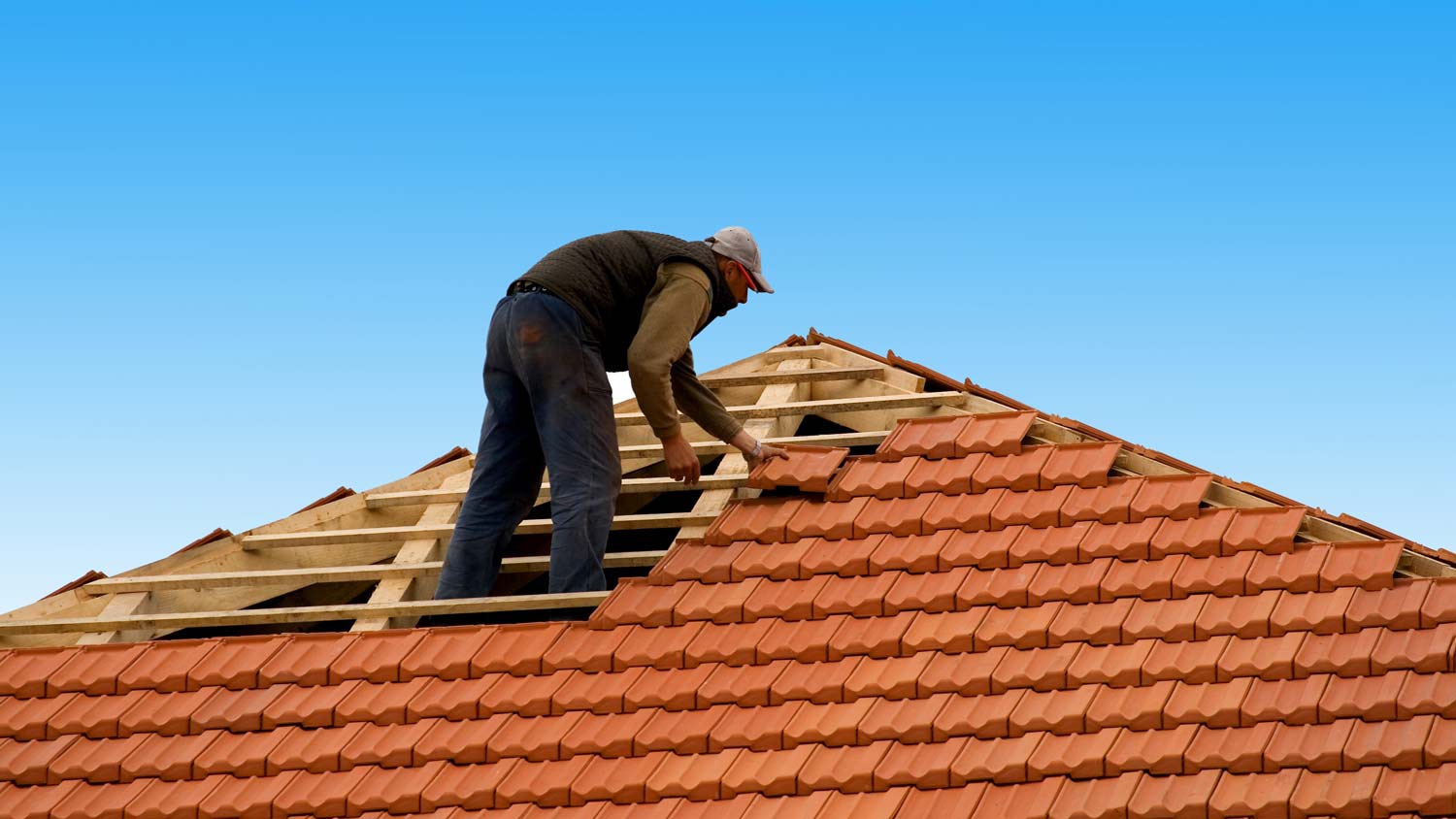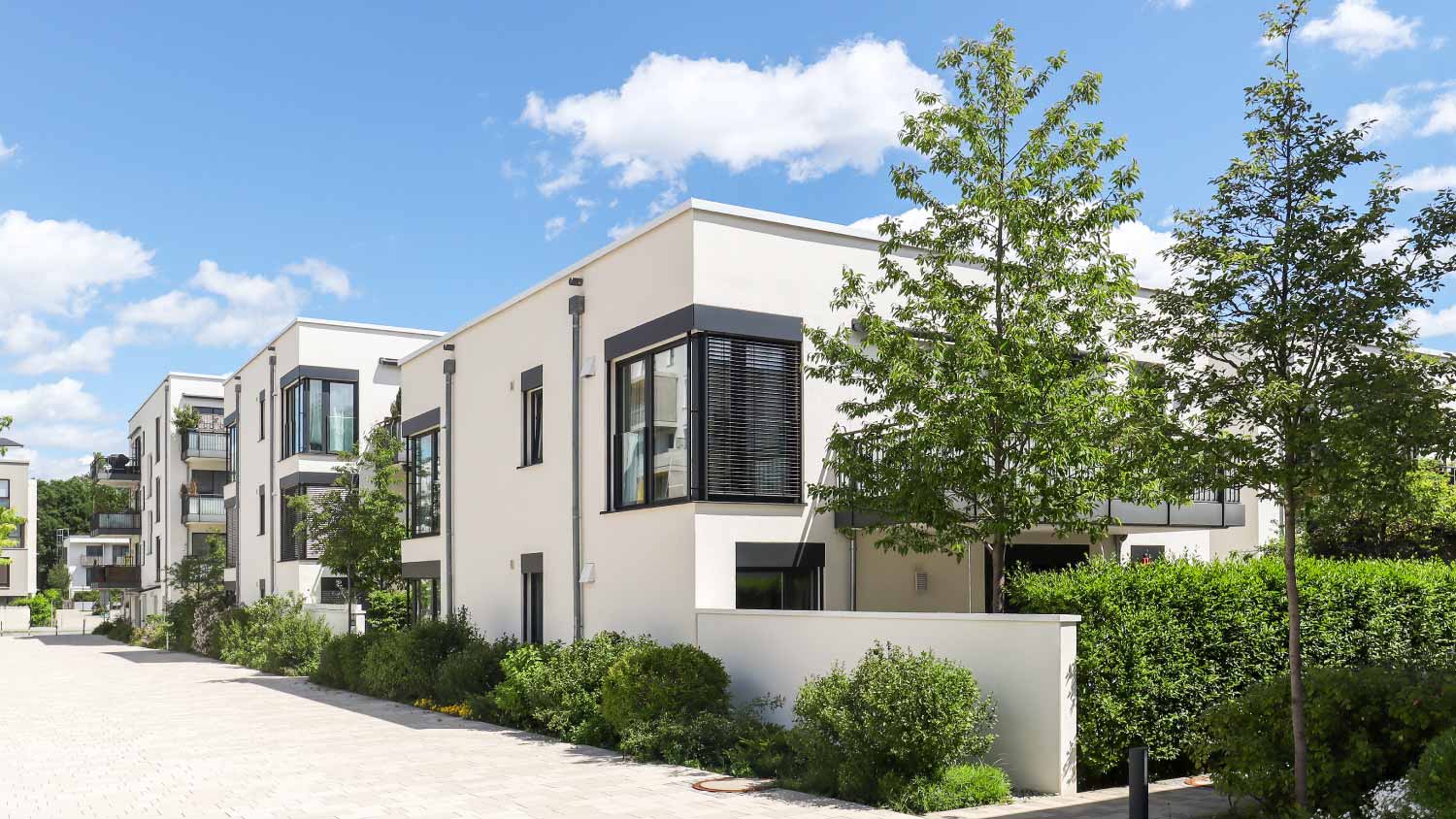
Learn all of the factors you need to consider to estimate roof ridge cap replacement costs, whether it’s safe and worthwhile to DIY the work, and more.
Metal roofs provide more value and are more versatile, but they’re more costly upfront


An asphalt roof costs around $10,500 on average, with prices ranging from $7,500 to $18,000. A metal roof is more expensive, averaging around $22,000 for a similarly-sized roof, with typical prices falling between $6,000 and $135,000. Asphalt roofs cost between $1.50 and $4 per square foot, while metal roofs can range from $4 to $30 per square foot, depending on the type of metal.
In this guide, we’ll explain the different cost factors that go into metal roof costs versus asphalt roof costs to help you decide which options fit your budget and which is best for your home.
The price difference between metal roof and asphalt roof costs will vary based on a few important factors.
The size of your roof will be one of the most significant factors to consider if you want an accurate estimate, as most roofers charge either by the square foot or by the roofing square, which equates to 100 square feet.
The cost to shingle your roof will fall between $1.50 and $4 per square foot for materials and labor, while metal roofing costs between $4 and $30 per square foot. You can calculate your roof square footage and use these numbers to get an idea of pricing.
| Roof Square Footage | Metal Roof Cost | Asphalt Roof Cost |
|---|---|---|
| 1,000 | $6,000–$45,000 | $2,250 – $6,000 |
| 1,500 | $9,000–$67,500 | $3,375 – $9,000 |
| 2,000 | $12,000–$90,000 | $4,500 – $12,000 |
| 2,500 | $15,000–$112,500 | $5,600 – $15,000 |
| 3,000 | $18,000–$135,000 | $6,800 – $18,000 |

Asphalt roofs will almost always cost significantly less than metal roofs, but the specific materials you choose in either case will play a major role in the difference. The most affordable asphalt roofs will often be around a third of the price of the most affordable metal roof options, but the most expensive asphalt roofs will be about seven times less than the most expensive metal roof materials.
| Material | Roof Cost (per sq. ft.) |
|---|---|
| 3-tab asphalt | $1.50–$2.50 |
| Architectural asphalt | $2–$3 |
| Luxury asphalt | $2.50–$4 |
| Aluminum | $4–$11 |
| Tin | $5–$12 |
| Zinc | $6–$12 |
| Steel | $6–$16 |
| Rusted | $9–$15 |
| Lead | $10–$15 |
| Copper | $15–$30 |
Roofing costs vary by location, often with respect to the local cost of living in the state. Both asphalt and metal roof costs will also tend to be the highest in metropolitan areas, followed by suburban and then rural areas.
| State | Metal Roof Cost | Asphalt Roof Cost |
|---|---|---|
| California | $31,900 | $15,200 |
| Florida | $22,700 | $10,800 |
| Georgia | $20,100 | $9,600 |
| Illinois | $20,500 | $9,800 |
| Michigan | $20,200 | $9,600 |
| New York | $27,100 | $12,900 |
| North Carolina | $21,700 | $10,300 |
| Ohio | $20,700 | $9,900 |
| Pennsylvania | $21,000 | $10,000 |
| Texas | $20,300 | $9,700 |
It’s a good idea to remove your old roof before installing a new one, and in some municipalities, roof removal is required by building code. The cost of roof removal will fall somewhere between $1,000 and $5,000 for both asphalt and metal roofs.
Metal roofing is a little lighter than asphalt roofing in most cases, so dumping fees, which are based on weight, will tend to be a little less if you’re removing an old metal roof.
You might need to pay for repairs to the roof decking below your old roof before you can install either a new metal or asphalt roof. Repairs to rotten or moldy decking will cost between $2 and $5 per square foot, regardless of the new roof material you’re installing.
Since asphalt roofs require more maintenance than metal roofs and can be more prone to leaking if you don’t keep up with maintenance, roof deck repairs will likely be more extensive when you’re replacing an asphalt roof than a metal one.
Most municipalities will require a permit for roof replacement, which can cost between $150 and $500. Some building departments determine permit fees based on the job, while others determine them based on the total project cost. If your building department uses the project cost to calculate permit fees, you’ll likely pay more for a permit to install a metal roof than you will for an asphalt roof, as the total cost will be higher.
When you’re calculating the difference between metal roof costs versus shingle roof costs, it’s a good idea to budget for ongoing maintenance and repairs. Asphalt roofs often require more maintenance and more frequent repairs, which can cut into the up-front savings of choosing an asphalt shingle roof.
General asphalt roof repairs cost around $975 while repairing a metal roof costs an average of $1,700. Prices can climb up to around $5,000 or more if you need a repair for a copper roof, which is the most expensive metal roof material.
Roof inspections will usually cost around $240 regardless of your roofing material, but you may need inspections more often for asphalt roofs, meaning they will cost more over time.

Installing an asphalt roof yourself will save an average of $6,300 in labor, while installing a metal roof yourself will save an average of about $7,000 on labor. Both roof types are technically DIYable, but while the potential savings may be appealing, it’s best to hire a professional roofer regardless of your material.
Installing a roof is a complicated process, and any mistakes can lead to severe property damage that could end up costing you more than you’d save on labor by DIYing. Most manufacturers will void warranties if you don’t use a professional for the installation. Even if you’re an experienced DIYer, we recommend hiring an asphalt or metal roof installer near you for the best results and long-term value.
Another thing to note is that metal roofs are more common in areas that see a lot of snow. Steep roof slopes are preferred in these areas to shed the snow more readily, and asphalt isn’t an ideal material on a steep roof. Working on a roof is always dangerous, but there are additional risks when working on a steep slope. As such, hiring a pro to install a metal roof is even more crucial than for an asphalt roof for safety reasons.
Both metal roof costs and asphalt roof costs can quickly get expensive, but there are some ways you can save money in the process.
Think about roof longevity. Asphalt roofs are about half the price of metal roofs, on average, but they also often last less than half as long. Think about your upfront costs as well as long-term replacement costs to get the most value and overall savings out of your roof.
Opt for less expensive materials. If you’re installing an asphalt roof, the cost for architectural shingles or 3-tab shingles will be much lower than if you chose luxury shingles. If you’re installing a metal roof, stick with the more affordable metal options. Steel, tin, and aluminum roofs cost less than half what you’d pay for a high-end copper roof.
Consider your home’s efficiency. If you’re not sure whether an asphalt or metal roof is better, take your home’s efficiency into account. Metal roofs reflect more sunlight, which can help reduce solar heat gain in hot climates, thereby reducing your home cooling costs. In hotter areas, those savings could help offset the higher cost of a metal roof.
Hire a professional. It’s always worthwhile to hire a local roofing pro to install your new roof, whether it’s asphalt or metal. You’ll spend more up front, but you’ll reduce your risk of roof leaks and damage, and you’ll keep your roof warranties intact, which can save you money over time.
Home is the most important place on earth, which is why Angi has helped more than 150 million homeowners transform their houses into homes they adore. To help homeowners with their next project, Angi provides readers with the most accurate cost data and upholds strict editorial standards. We extensively research project costs to develop the pricing data you see, so you can make the best decisions for you and your home. We rely on reputable sources, including the U.S. Bureau of Labor Statistics, academic journals, market studies, and interviews with industry experts—all to ensure our prices reflect real-world projects.
Want to help us improve our cost data? Send us a recent project quote to [email protected]. Quotes and personal information will not be shared publicly.
From average costs to expert advice, get all the answers you need to get your job done.

Learn all of the factors you need to consider to estimate roof ridge cap replacement costs, whether it’s safe and worthwhile to DIY the work, and more.

A new roof improves curb appeal, increases home and keeps your living space protected from the elements. Learn about average roof replacement costs to set your budget.

Sealing your roof can help preserve its life span—you just have to choose the right coating. This guide will help you budget for your total roof coating cost.

Tile roofs can last 100 years, but repairs can be necessary during that time. Learn the factors that will determine your tile roof repair cost.

Worried your roof might be compromised? Learn about the seven most common signs your flat roof needs to be replaced to stay ahead of the damage.

Wondering how to choose between standing seam versus corrugated metal roofing? Here’s everything you need to know to decide which is right for you.